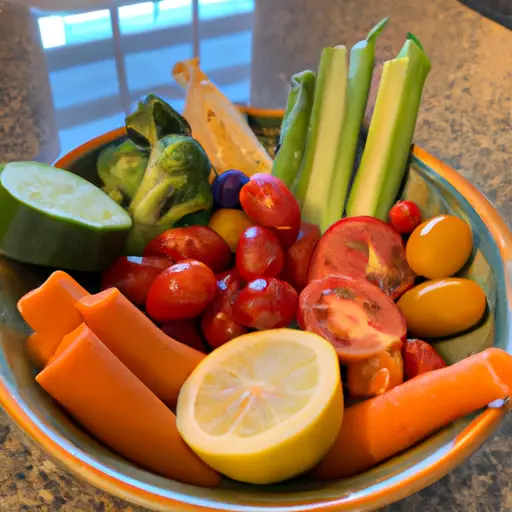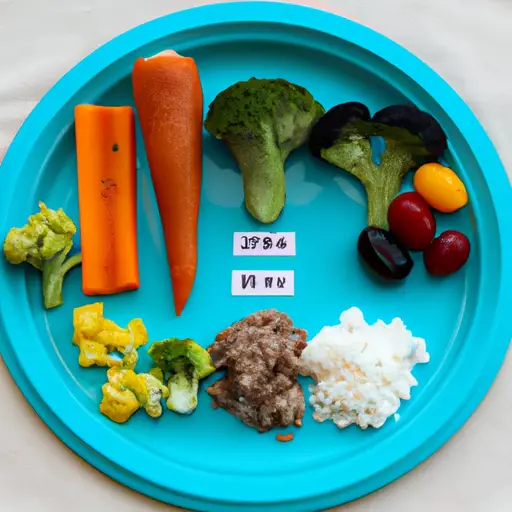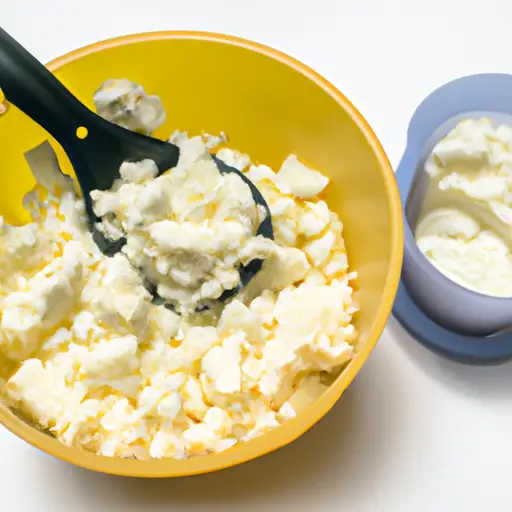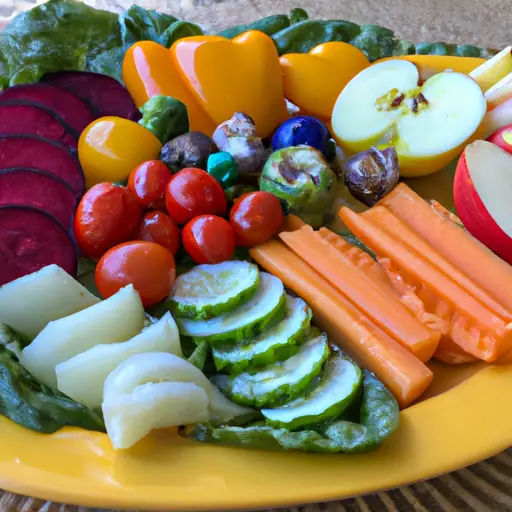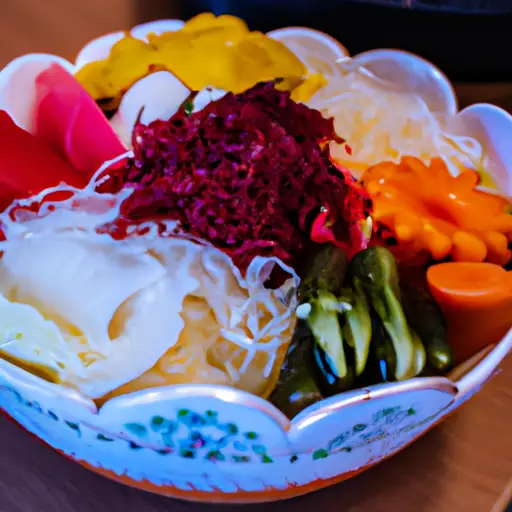Reaping the Rewards of a Low-Sodium Diet
Introduction
There’s been a lot of talk in recent years about the benefits of a low-sodium diet, but what exactly is it? A low-sodium diet is one that focuses on reducing salt intake, which can have numerous health benefits, including reduced risk of high blood pressure and improved heart health. But that’s only the tip of the iceberg; there are also a number of weight loss benefits associated with a low-sodium diet, as well as improved digestive health! So let’s take a closer look at why you should consider making the switch to a low-sodium diet.
Health Benefits
As a low sodium dieter, I’m sure you already know the amazing health benefits of cutting down on salt. For starters, reducing your intake of salt can help lower your blood pressure, and in turn reduce your risk of cardiovascular disease.
It’s not only about heart health though – following a low sodium diet also reduces your risk for kidney disease, stroke, and other major chronic diseases. Eating less sodium can even help with weight loss, since it helps you feel fuller longer and reduces water retention caused by too much salt.
Perhaps most importantly though, the low sodium lifestyle helps improve your digestive health, due to its effect on bloating and gas. By eating less salt-filled processed items, you increase your nutrient absorption and promote overall better stomach health.
Weight Loss Benefits
Looking to shed a few pounds? A low sodium diet could be the answer. It’s not just about cutting out salt; there are many benefits that come along with choosing lower-sodium foods.
The first way this diet helps you to slim down is by suppressing your appetite. Eating fewer salty snacks means you’re less likely to reach for something unhealthy when the cravings hit. You can also cut out unhealthy sugary treats and processed meals – that’ll help you slim down in no time.
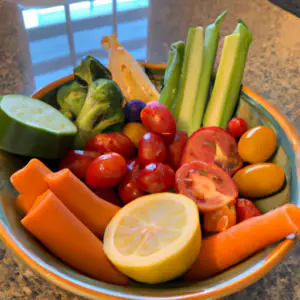
Another great advantage of eating low sodium is it helps reduce water retention. You’ll have less bloating, so your clothes will fit better and you’ll look slimmer. Your stomach might even thank you as you won’t be consuming unhealthy additives which could lead to digestive issues such as gas.
Improved Digestive Health
Let me tell you, it’s no secret that what we eat can affect how we feel. It’s especially true when it comes to our digestive health. Eating a low sodium diet is one of the best things you can do to ensure that your gut and intestines are working as they should.
When it comes to digestive health, bloating and gas are two of the most common issues. Cutting back on sodium can help making these issues much less of a hassle. But it doesn’t stop there – cutting down on sodium can also help with nutrient absorption.
If you’re serious about looking after your digestive health, the key is to make sure that you avoid processed foods as much as possible. Instead, focus on eating whole foods. It’ll not only reduce the amount of sodium in your diet but also provide your body with the vitamins and minerals it needs. Plus adding herbs and spices to your meals will bring out their flavour without having to add extra salt.
Taking care of your digestive health doesn’t have to be complicated. By simply changing up your food choices and incorporating more whole foods in your diet, you can take small steps towards improving your digestion and feeling better every day.
Food Choices
If you’re looking to make the switch to a low sodium diet, the food choices you make can have a big impact on how successful you are. While processed foods should be avoided if at all possible, incorporating more whole foods into your meals can be advantageous. There are plenty of delicious and healthy options that won’t leave you feeling deprived including fresh vegetables, fruits, fish, and lean meats.
Herbs and spices are an excellent way to add flavor without increasing your sodium consumption. Adding a variety of fresh herbs and spices to your dishes can really boost the flavor profile. Additionally, many of them actually have health benefits of their own so they’re more than just a great tasting way to add a bit of zing to your meals.
It’s also worth noting that certain condiments like sauces, dressings, and marinades can often have surprisingly high sodium contents. If you’re looking for a replacement for these items, consider trying out homemade recipes to make sure you’re getting tasty flavors without overdoing it on the sodium.
Conclusion
In the end, there are plenty of benefits to following a low-sodium diet. Not only can this type of diet help reduce the risks associated with high blood pressure and kidney disease, but it can also result in weight loss and improved digestive health too. To make sure you get the most out of your diet, it’s important to make smart food choices. Avoid processed foods, try to choose more whole foods and incorporate herbs and spices for maximum flavor. All in all, if you’re looking for an easy way to improve your overall health, you can’t go wrong with a low-sodium diet!
